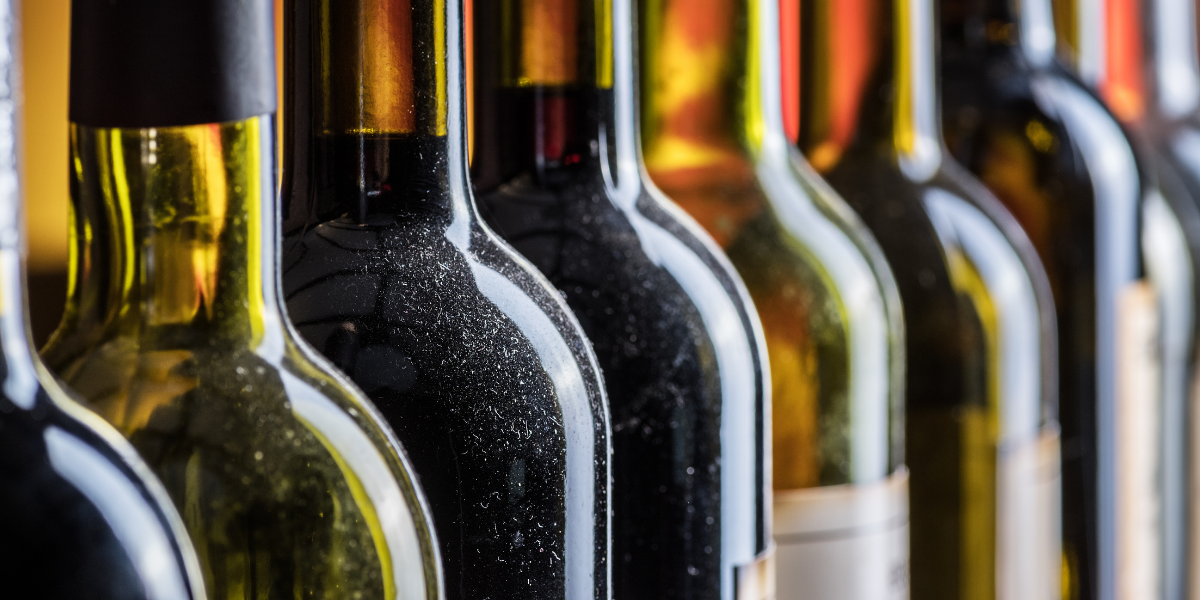How to Reduce the Environmental Impact of Tartaric Stabilization with Potassium Polyaspartate
Save energy and drinking water and reduce emissions to protect the environment and become a sustainable label: it is possible with additive stabilization with colloids.
Tartaric stabilization is a fundamental step in the winemaking process: eliminate or prevent the formation of potassium bitartrate crystals while preserving organoleptic characteristics, structure and color of wine. Whether it is white, red or rosé, tartaric stabilization is not a simple operation because the quality of the wine depends on it.

Customers, and therefore the international wine trade, require stable wines making it necessary to carry out the tartaric stabilization process correctly to produce a “good” wine.
There is more. Today’s consumer is also attentive to the sustainability of the products they buy, and wine is no exception.
To remain competitive in the market wineries are required to pay attention to, among other things, the stabilization methods chosen in order to reduce their environmental impact and earn at least one of the most popular labels at the moment: organic, vegan or sustainable wine.
Tartaric Stabilization: Comparison of Methods
As you probably already know, there are two different procedures to obtain a stable wine free of potassium bitartrate crystals:
- Subtractive – elimination of already formed crystals
- Additive – which involves adding substances to the wine to avoid crystals formation
At this time, one of the most used methods is cold stabilization, a subtractive method which preserves wine quality, but proves to be unfriendly to the environment because it requires a high consumption of electricity and water.
Stabilizing wine while reducing energy and water consumption and the environmental impact is possible due to an additive method that utilizes the characteristics of colloids, the real “protectors” of wine which effectively inhibit the formation of potassium bitartrate simply by adding them to wine and without altering organoleptic characteristics.
The most used colloids for wine stabilization are metatartaric acid, carboxymethyl cellulose (CMC) and potassium polyaspartate, which has proven to be by far the most effective substance, with zero impact on color and filterability.
Among the advantages of potassium polyaspartate, when used in combination with other substances such as gum Arabic, we find:
- Greater quality and duration of stabilization even on very unstable wines
- Very low cost compared to cold stabilization
- Extremely limited environmental impact
Wine stabilization with low environmental impact is possible.
According to research carried out by Enartis, it is possible to save in terms of both consumption and harmful greenhouse gas emissions using colloid stabilization. According to estimates, if all European wineries adopted the method of stabilization with colloids rather than cold stabilization, in a year, they could save:
- € 160 million (spent by the wineries on cold stabilization)
- 500,000 cubic meters of water (equal to the annual consumption of a city of 10,000 people)
- 70,000 tons of CO2 emitted into the atmosphere
Regarding the costs, it has been calculated that that of stabilization with colloids is equal to only cost of the electricity used for cold stabilization.
To summarize, with stabilization with colloids you can:
- Save money to invest in other activities and improvements for your cellar
- Preserve the quality of your wine, while respecting the environment
- Aim to obtain an environmental sustainability certification
- Remain competitive in the market
Read also: Plant-based Fining Agents (Enartis range of fining agents without animal proteins)